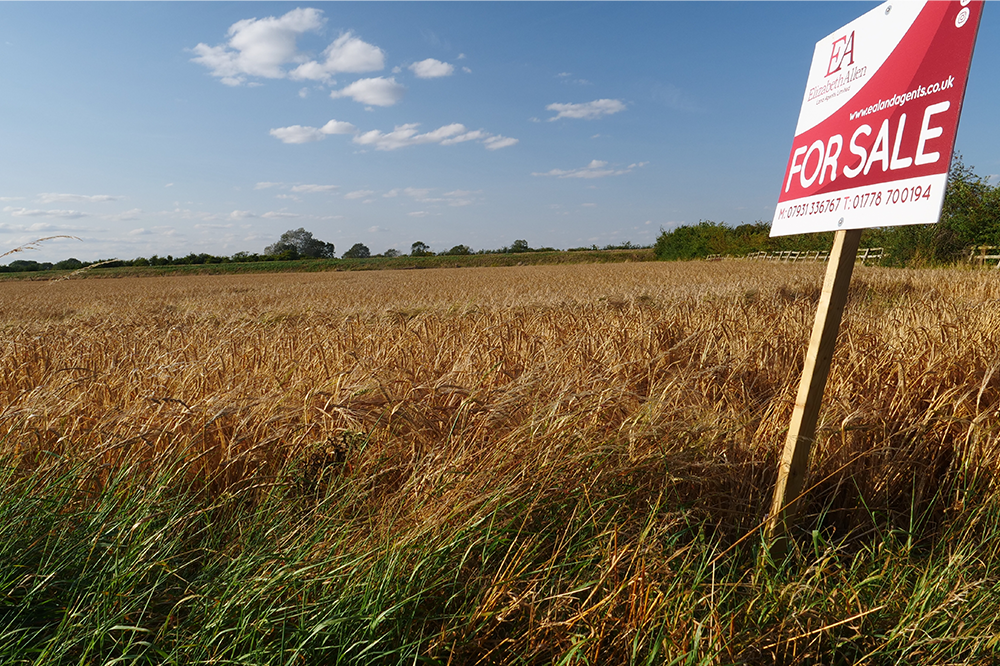“The straws are piling up and up – and the camel’s back is close to breaking.”
Steve Reed struck a sympathetic tone this week as the secretary of state for Defra resolved to reset relations with the farming sector. Delivering a keynote address at the Oxford Farming Conference on Thursday, Reed was at pains to stress the government’s gratitude to farmers who “through thick and thin [….] have produced the food that feeds the nation”.
Outside the venue, however, protests continued against changes to inheritance tax announced in October’s budget that will see farming assets worth over £1m taxed at an effective rate of 20%, a move the NFU claims puts the futures of many family farms and the people who farm them at risk.
Reed acknowledged farmers’ anger over the changes to agricultural property relief (APR), but doubled down on the need to fill a “£22bn black hole” in the public finances inherited from the previous government.
A policy-heavy speech was clearly designed to move the conversation on from the APR row and convince farmers that short term pain would be worth it for long term gain achieved via a farming roadmap billed as “the most forward-looking plan for farming in our country’s history” and with sustainable food production at its heart.
Specifically, Reed said the roadmap – one of a trio of major new policy frameworks planned for this year alongside a national food strategy and land use framework – would
- require that 50% of public sector food is produced locally or to higher environmental standards and to introduce monitoring of where public sector food comes from;
- strike a new veterinary agreement with the EU to reduce trade friction;
- take action on supply chain fairness with new rules for the pig sector this spring followed by eggs and fresh produce (regulations for dairy are already in place);
- introduce secondary legislation in parliament by the end of March to enable precision breeding technology for plants;
- fund farmer-led trials to bridge the gap between new technologies and their real-world application;
- enact reforms to support farmers to innovate and diversify their business including streamlined planning;
- make it easier for farm businesses to connect energy sources like solar panels or wind turbines to the grid;
- increase the rate of sign up to sustainable farming schemes and the speed of the onboarding process.
Throughout his speech, Reed sought to reassure farmers that support for domestic food production would be at the heart of government policy, while stressing that nature recovery and food production were complementary rather than competing objectives.
Will such promises help move the debate on from the row over inheritance tax? The subsequent audience Q&A, in which anger over APR was at the forefront, suggests not, but Reed may have bought the government more time to make its case as he left the stage to polite applause rather than a wall of silence.
Elsewhere in this week’s round-up of news, we detail a new government fund to tackle the food wasted on farms; explore evidence that Scots are embracing food sold via social media; and report on tougher government rules for the creation of new energy from waste plants.









